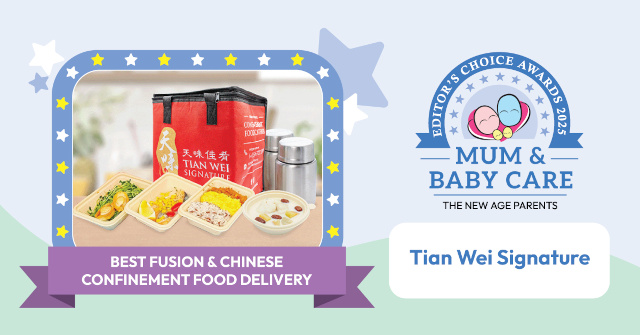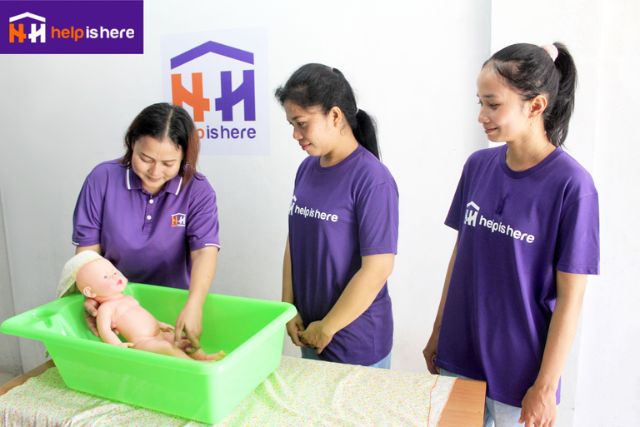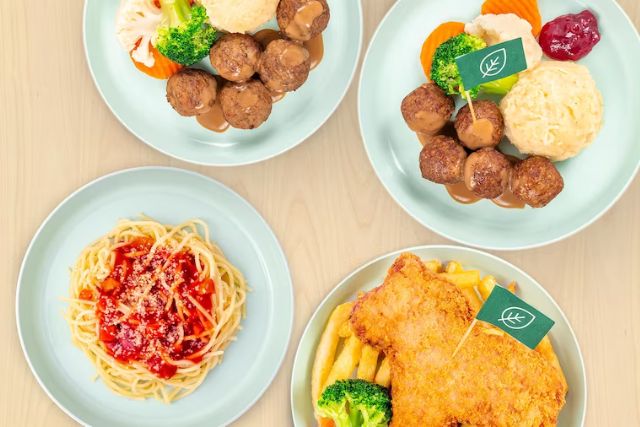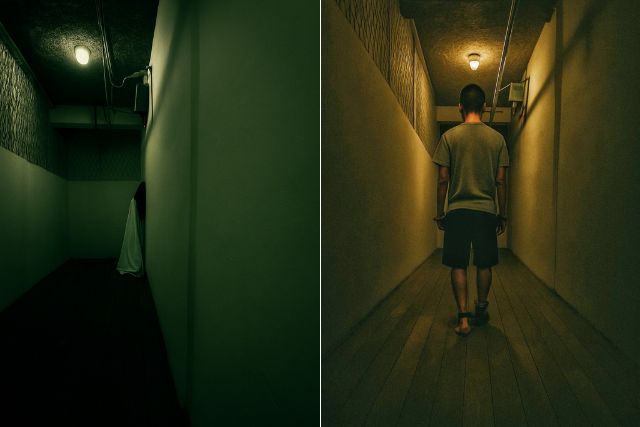Singapore households throw away S$200m worth of food and beverage a year, accordingly to Electrolux’s latest survey.
In conjunction with World Food Day on October 16, 2017, Electrolux Singapore commissioned a survey to highlight the amount of food waste generated in our homes.
The Electrolux Home Food Waste survey reveals that 85 percent of Singapore households do not consume their food before the indicated date on food packing, contributing to mounting food waste in the city-state.
This amounts to some S$170 worth of food and beverage being thrown away by each household a year. Annually, Singapore households trash about S$200 million worth of food and beverage.¹
According to the National Environment Agency, 791 million kg of food waste was generated in Singapore in 2016. This marked a 41.5 percent increase over the past decade.
⇒ Related Read: Why We Should Not Waste Food
The study is the third edition of Electrolux Singapore’s annual #HappyPlateSG community initiative, which started in 2015. Previous years focused on consumption of ‘ugly food’ and finishing of meals to prevent food wastage.
Mr Douglas Chua, General Manager of Electrolux Singapore, Hong Kong and Taiwan, said: “Tackling food waste is the cornerstone of our yearly initiative. This year, our focus is on food in storage, such as pantries and refrigerators. Often, we buy food, store them, but end up forgetting to consume them before their indicated dates on the packaging. This results in their eventual disposal. We want to encourage behavioural change that will allow for greater food sustainability and reduced waste.”
The theme for this year is #SeasonYourEx, a short form for Season Your Expiring Food.
This initiative aims to educate, and change consumers’ mindsets that expiring and leftover food are not as tasty as fresh food. Expiring and leftover food, from perishables such as fruits, vegetables, eggs, to packaged items such as canned meats and fruits, can still taste as good as the fresh ones when using creative cooking tips and recipes.
Other highlights from the survey which polled 1,000 households:
- 20 per cent would never consume food if it is passed the indicated date.
- Seven out of 10 (72 per cent) could attribute the meanings of ‘Best Before’, ‘Sell By’ and ‘Expires On’, demonstrating knowledge that food passed its indicated date did not necessarily mean it is unfit for consumption.
On attitudes
- Majority of the households (84 per cent) were shocked, guilty, sad and angry when confronted with the food waste that Singapore generates.
- One in 10 felt (10 per cent) indifferent about it.
On consumption
- Half of the households (48 percent) would continue eating the item if the taste or texture remained similar to the original
- Six in 10 (58 percent) said they would do so if the items were frozen, vacuum sealed and stored well, and showed no signs of turning bad.
Ms Fiona Chia, Director of nutrition consultancy Health Can Be Fun, said: “Some food that are nearing or have exceeded the indicated date may still be eaten.”
“An ‘Expires On’ date applies if there is a health risk in eating the item after that date. A ‘Best Before’ date is used as a guide to indicate how long a product can retain its peak quality and freshness. A ‘Sell By’ date acts as a reference for retailers, to let them know how long an item can be put on display for sale,” she added.
Mr Eric Low, Chef-Owner of Lush Epicurean Culinary Consultancy and author of six cook books, said: “Managing food nearing or have passed the indicated date is on a case by case basis. Different categories of food do not deteriorate at the same rate. Storage methods such as optimal temperature, frozen and vacuum sealing also help prolong the food lifespan.”
A dedicated microsite happyplate.sg includes tips on reducing food waste, how to be involved, recipe inspirations, “Ask Happy Plate”, among others. “Ask Happy Plate” is a new column featuring food experts, chefs and nutritionists, and will answer the public’s questions on food management.
⇒ Related Read: Too Much Food Waste At Home? Here’s What You Can Do To Reduce It
There is also a social media component to this initiative. The public is highly encouraged to participate and contribute to greater food waste awareness.
Participation will be through two steps:
- Post a photo of an expired, or soon to be expired, food or leftover item in your home on Facebook, Twitter or Instagram and share what you can do with it
- Hashtag #SeasonYourEx #HappyPlateSG
For every 5 #hashtags and/or social media shares, Electrolux will fund the costs of running The Food Bank Singapore’s van for one day. The van collects donated food items from collection points across Singapore, and distributes them to beneficiaries.
Ms Nichol Ng, Co-founder of non-profit The Food Bank Singapore, said: “Every month, we collect on average 60,000 kg of food and distribute these surpluses to organisations and people in need of food. We hope more people can be onboard this meaningful project so that our van can constantly hit the roads and deliver those foods promptly.
“Everybody has a part to play when it comes to food waste management. Our aim is to have the Food Bank van funded for a year so that more individuals and beneficiaries can continuously benefit from our initiative, which is to allow food access to those in need while reducing food waste – a win-win situation.”
The Food Bank Singapore is a non-profit charity which collects and redistributes food to the needy via various channels such as Voluntary Welfare Organisations, Charities, Soup Kitchens etc. It also sells close to expiring food at The Food Pantry at discounted prices. Purchasing these food items will help reduce the food waste Singapore generates.
¹ www.singstat.gov.sg/statistics – There are 1,263,600 resident households in Singapore in 2016
* * * * *
Like what you see here? Get parenting tips and stories straight to your inbox! Join our mailing list here.
Want to be heard 👂 and seen 👀 by over 100,000 parents in Singapore? We can help! Leave your contact here and we’ll be in touch.

















































